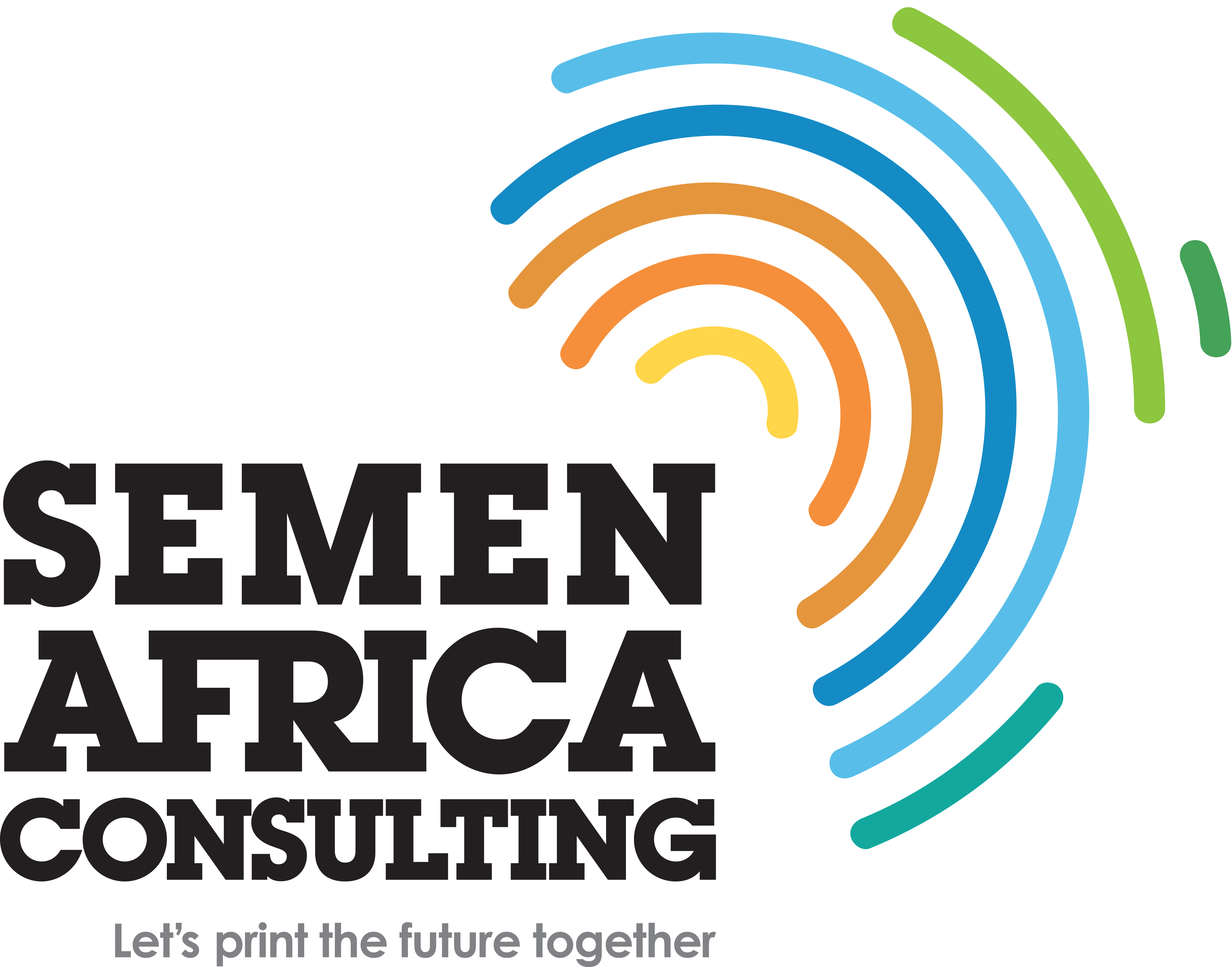In the wake of the COVID-19 crisis, African leaders have realised the importance of digitisation in revitalising their national economies and optimising tax revenue collection. Start-ups in search of growth are turning to investment funds, with a focus on the digital economy and financial inclusion.
The 2024 Finance Act introduces reforms aimed at modernising customs and tax procedures, with a view to securing public revenues and simplifying transactions for users. Digitalisation promises benefits such as simplified customs clearance processes, the adaptation of information and communication technologies, and the extension of import VAT exemptions.
AZUR INNOVATION FUND has invested $1.5 million in Moroccan fintech TOOKEZ to boost its expansion in Africa, the Middle East and, more specifically, Morocco.
particularly in Morocco. TOOKEZ aims to reinvent the loyalty programme ecosystem and become a central point of digital inclusion between consumers and brands. These funds should accelerate its development, particularly in the application of blockchain technology.
As part of regional digital integration in West Africa, the World Bank has allocated $20 million to the SMART AFRICA Digital Academy to train a new generation of decision-makers and regulators to drive digital transformation. This initiative aims to bridge the digital skills gap in Africa, with the objective of training 30,000 qualified individuals, having already trained 7,000 beneficiaries.
Mastercard and MTN Group Fintech have entered into a strategic partnership to promote financial inclusion, sharing a common vision of economic empowerment. With a database of 290 million subscribers and a low bank penetration rate in Africa, mobile payment is emerging as a powerful tool, adapted to the continent’s existing infrastructures.



